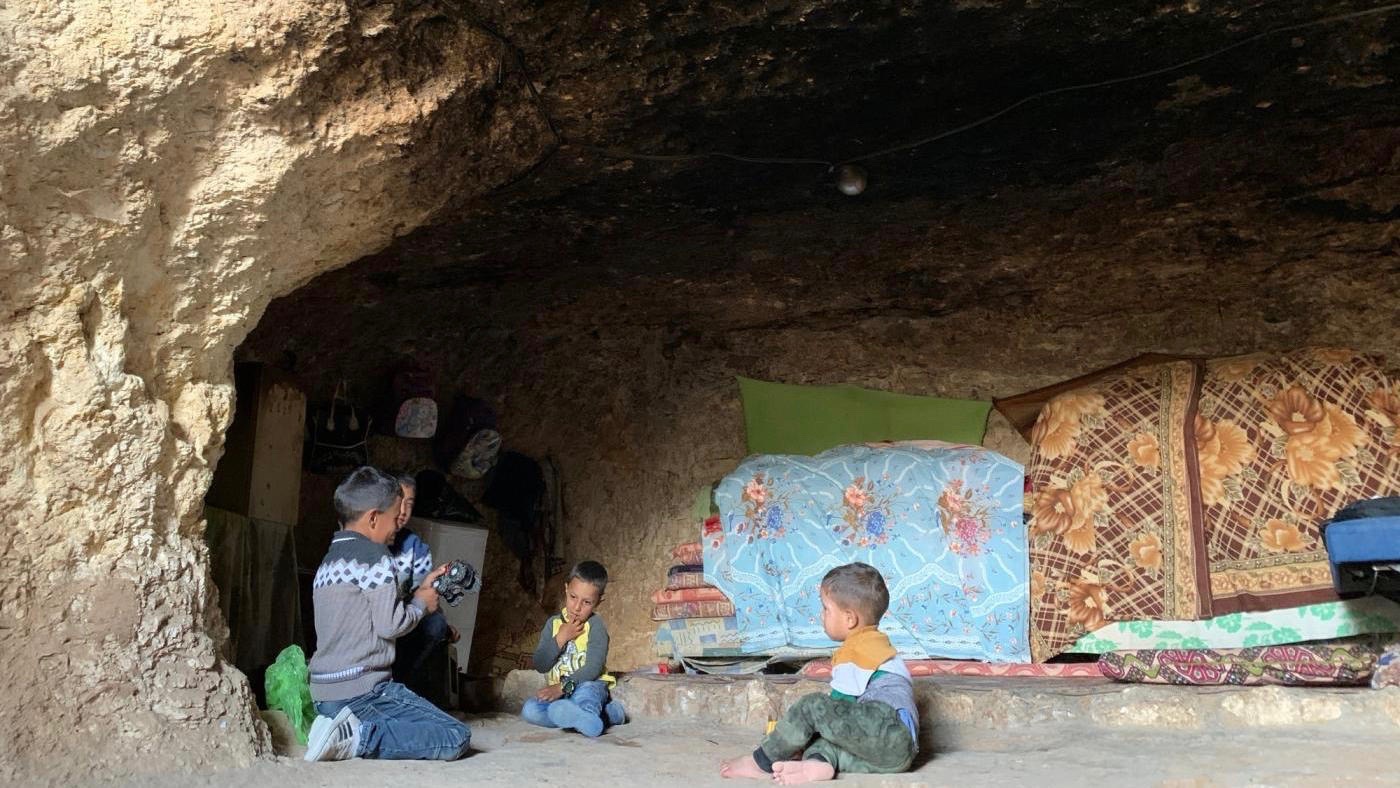Israel’s Supreme Court on Wednesday, May 5, ruled in favor of demolitions of 12 Palestinian Bedouin villages in Masafer Yatta near the city of Hebron in southern occupied West Bank. The move is likely to make nearly 1,300 Palestinian Bedouins homeless. Rejecting the petition filed against the forced evictions, the court ruled that the Palestinians Bedouins are not permanent residents of the area and could not prove that they were living there before the 1980s when the Israeli military declared the area a closed military firing zone. Referred to by Israel as ‘Firing Zone 918’, the area is to be used for military exercises and other related purposes.
The mass evictions in Masafer Yatta will be the single biggest expulsion since the 1967 Israeli occupation of the Palestinian territories. According to UN statistics, Israel has already demolished or confiscated 217 Palestinian structures in ‘Firing Zone 918’ since 2011, displacing 608 Palestinian residents.
Without warning in the middle of the night, the Israeli High Court of Justice published a verdict with unprecedented consequences. The ruling allows the expulsion of approximately one thousand women, men, children and elderly Palestinians from Masfer Yatta.
— ACRI (@acri_online) May 5, 2022
The ruling effectively authorizes the confiscation and expropriation of more than 3,000 hectares (35,000 dunes) of land by the Israeli military in violation of international law. It will make thousands of Palestinians homeless or internally displaced. The petition against the forced evictions was filed by several Bedouin families from the area along with the human rights group Association for Civil Rights in Israel (ACRI) 22 years ago when 700 residents of the area were forcibly evicted. At the time, the Supreme Court issued an injunction allowing them to return until a final decision was made by the high court.
Since the judges’ ruling was unanimous, it is unclear whether there will be any further legal avenues available for the Palestinian families to appeal the ruling. The judges seemed to go against international law by rejecting the claim that “prohibition of forcible transfer set forth in international law is customary and binding”, instead calling it a “treaty norm” that is not enforceable in a domestic court.
Responding to the court’s ruling, Masafer Yatta Mayor Nidal Abu Younes said in a statement, “this proves that this court is part of the occupation. We are not going to leave our homes. We will stay here. The court decision is a racist decision taken by a settler judge [David Mintz, who lives in an illegal settlement in the West Bank].” He also spoke about the long drawn out legal battle, adding, “we have been fighting with Israel in the courts for the last 22 years and it took this judge five minutes to destroy the lives of 12 villages and the people who are dependent on the land. In the end, history repeats itself: Nakba (catastrophe) after Nakba,” referring to the mass expulsion of more than 750,000 Palestinians from their homes and lands during the founding of the state of Israel in 1948.
Masafer Yatta is located in Area C, which makes up approximately 60% of the occupied West Bank and is fully under Israeli administrative and military control. Area A and Area B are under joint Israeli and limited Palestinian control. The administrative division of the West Bank in Areas A, B, and C and the territorial control over each area is stipulated in the 1995 Oslo II Accord.
Several international and Israeli human rights groups condemned the ruling and expressed concern for the Palestinians who now face the risk of forced evictions at any given time. Israeli human rights group B’Tselem said in a statement that “the justices have thus proved once again that the occupied cannot expect justice from the occupier’s court. The decision, weaving baseless legal interpretation with decontextualized facts, makes it clear that there is no crime which the high court justices will not find a way to legitimize.” It called upon the international community to ensure should this crime be committed, that those responsible for it – “including government ministers, the military top echelons, and the supreme court justices – will be held accountable.”
Country director for the international Norwegian Refugee Council (NRC) Caroline Ort warned, “this court ruling effectively opens the door for the Israeli military to uproot entire Palestinian communities that have lived in Masafer Yatta for decades. The damage this decision will inflict on people’s homes and source of livelihoods is irredeemable. People could be made homeless overnight with nowhere for them to go. This is a dangerous step that must be reversed. If followed through, it would constitute a violation of international law, which prohibits Israel as an occupying power from transferring members of the occupied population from their existing communities against their will.”





